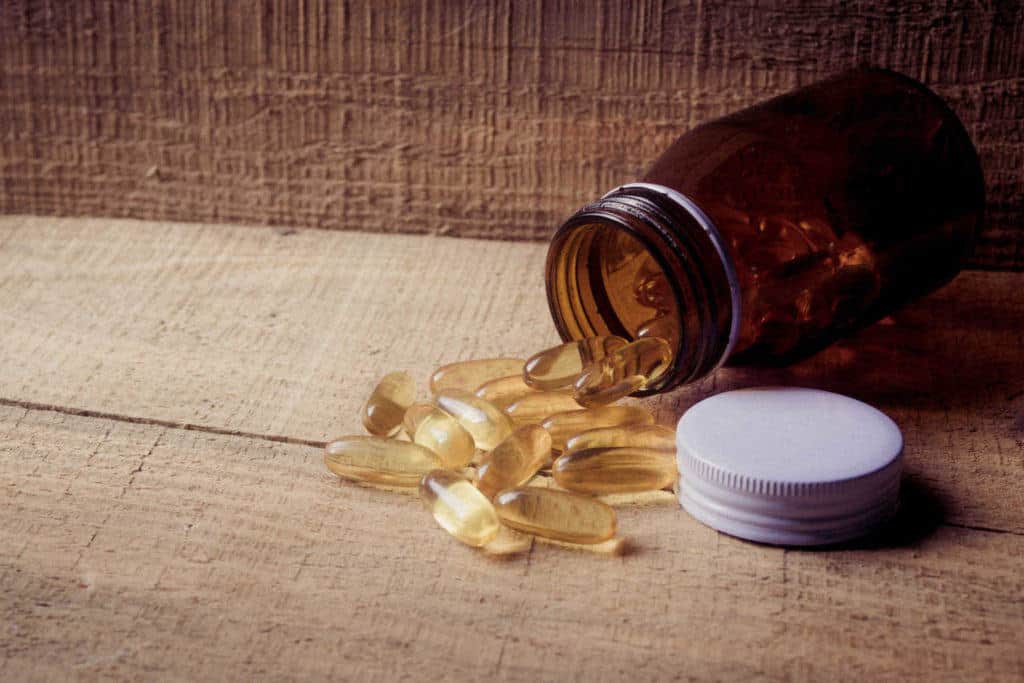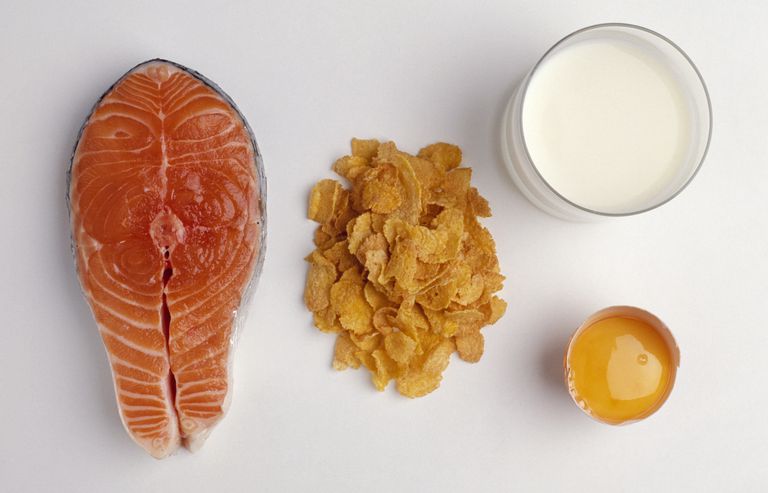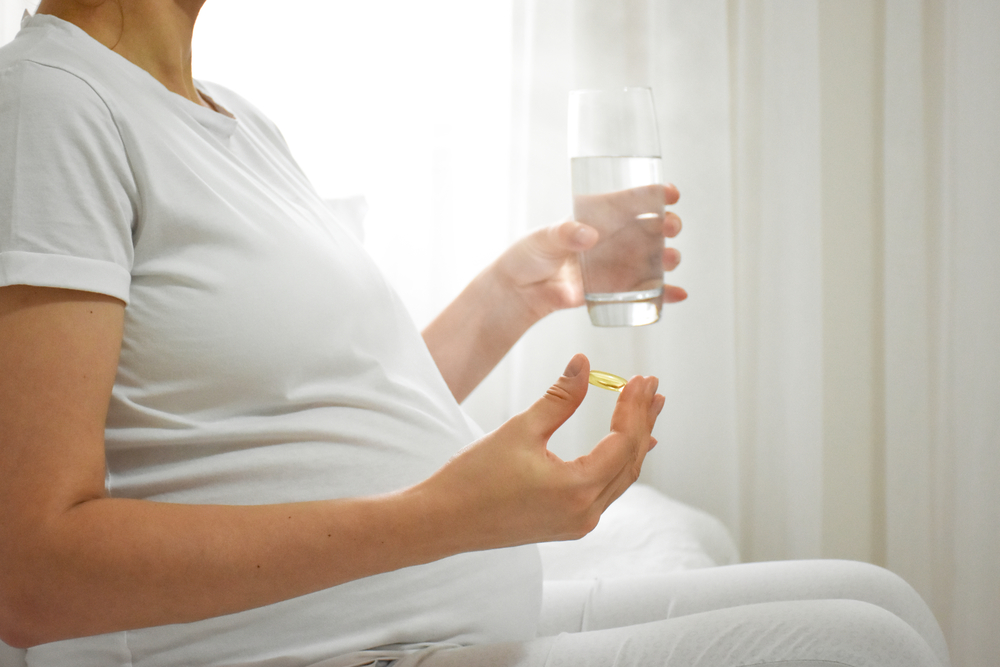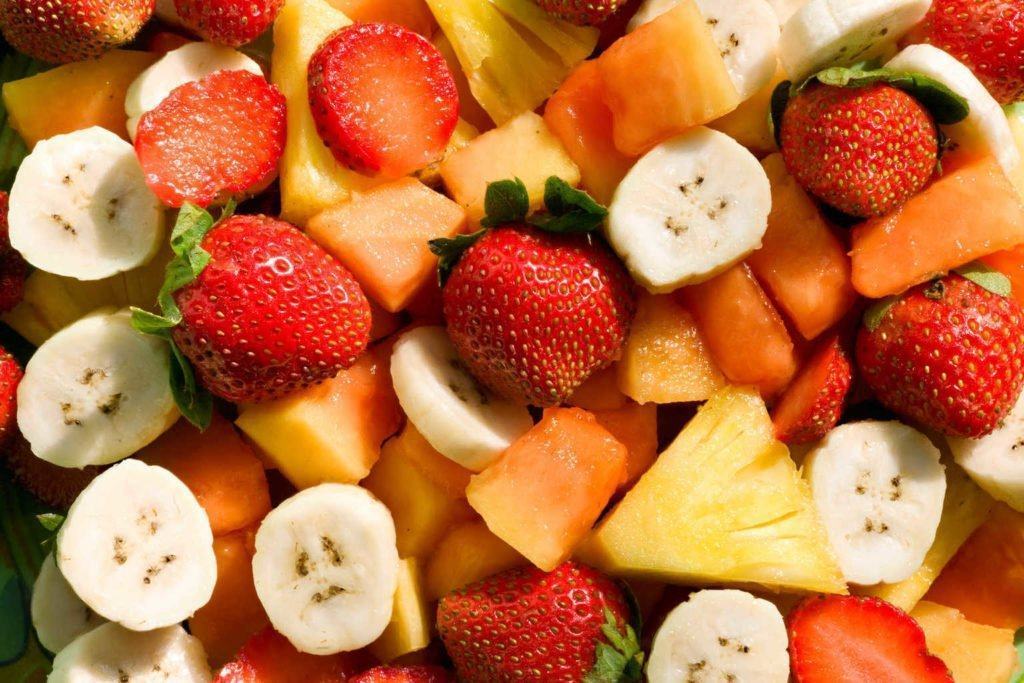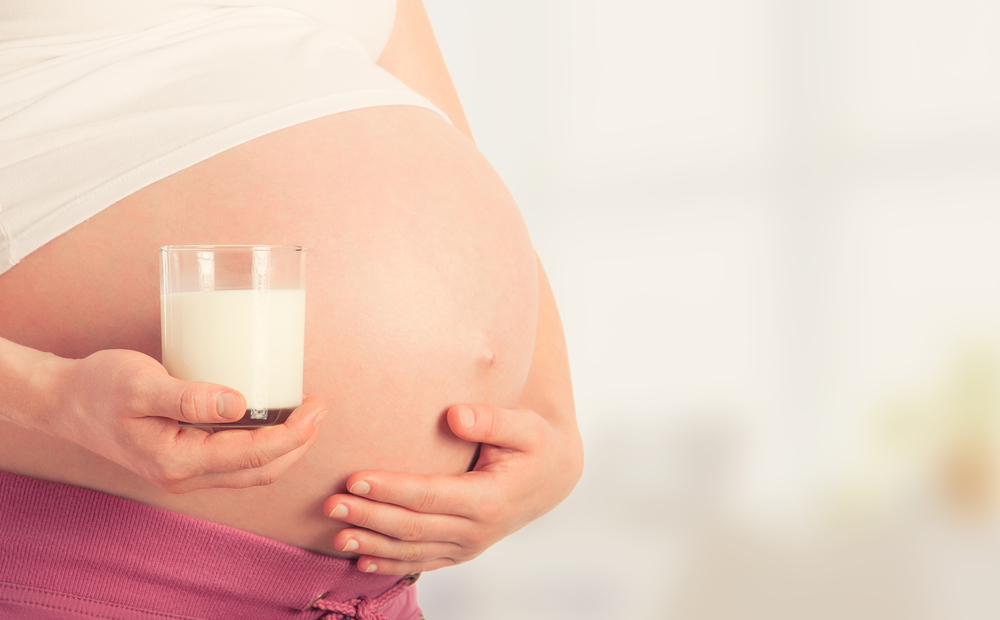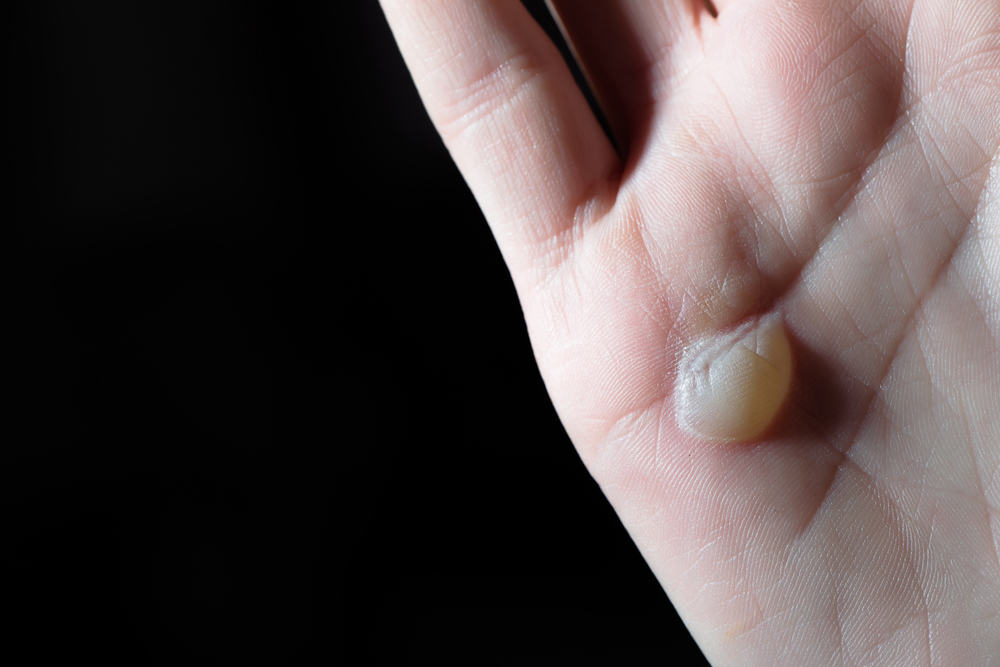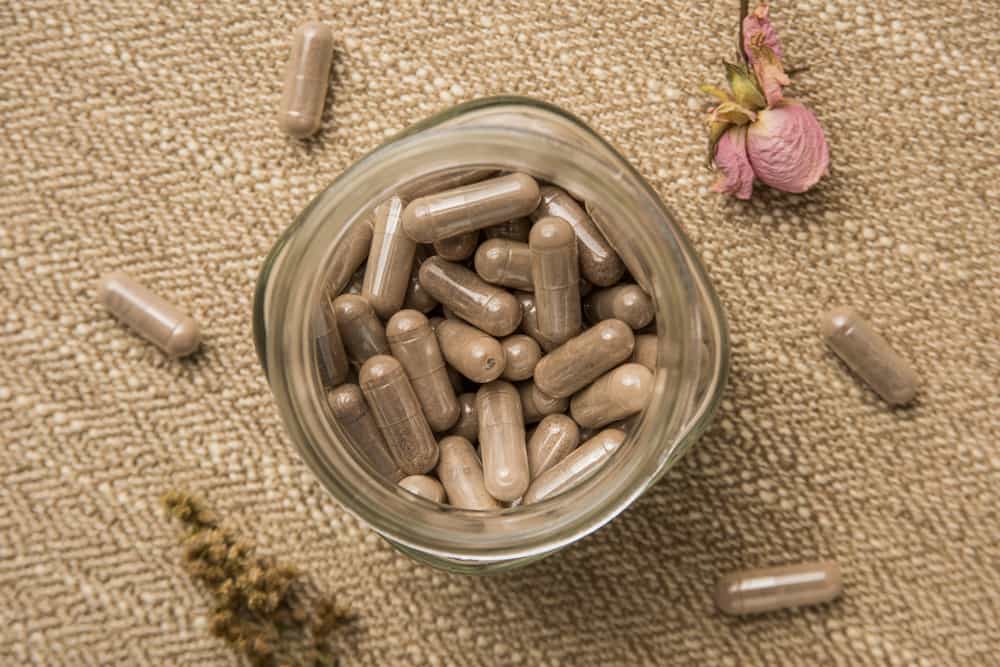Contents:
- Medical Video: Vitamins Good for Fertility
- 1. Check the supplement label
- 2. Make sure your supplements dissolve easily
- 3. Make sure you are able to digest it
- 4. Don't consume it excessively
Medical Video: Vitamins Good for Fertility
It is never too early to start caring for your baby and there is no more appropriate time to start everything than now - before preconception, before pregnancy occurs. Nothing is easier or smarter than taking vitamins before pregnancy. Daily consumption of vitamins can convince your body that it has important nutrients that will be needed by the future baby, and that the pregnancy that will occur later is a healthy pregnancy. Especially if you consume vitamins now, the incidence of nausea and vomiting during the first trimester of pregnancy will decrease!
If the reasons are still lacking, consider this: some pre-pregnancy support vitamins can increase fertility or fertility - something you certainly expect. Here are some ways to choose the best vitamins for your pre-pregnancy:
1. Check the supplement label
Look for vitamins that have at least 400 mcg of folic acid (or vitamin B9). Eating the most important nutrients for pregnancy, both before and during the initial period, can significantly reduce the chances of the baby suffering neutral-tube defect or birth defects due to imperfect growth and development of the neural tube system during the fetus, for example spina bifida. On the other hand, calcium is also an important nutrient for women who are either trying to get pregnant or not; especially if you are experiencing the process of bone growth in the body, namely the prospective baby's bones. If you don't get enough calcium from milk, yogurt, or other foods that are rich in calcium (because you need 1,000 mg per day), make sure your vitamin is able to provide it. Iron also includes minerals that are important in the period before birth, and you need around 30-40 mg. If you suffer from anemia, consult your doctor to find out if you need a higher dose. Don't forget to check other important nutrients such as zinc / zinc and manganese (for fertility), iodine for brain development and prospective baby thyroid, and vitamin B6 to reduce morning sickness. If you are a vegetarian or vegan during pregnancy, make sure you are really diligent and careful when choosing the right nutritional supplements.
2. Make sure your supplements dissolve easily
Some pre-birth supplements do not dissolve quickly after drinking. That is, the nutrients contained in the supplement will just pass through the body without being processed. Do this test at home: put your supplement in a cup of vinegar (just half) and stir for about 5 minutes. In less than 30 minutes (or 45 minutes, if your supplement contains gelatin or a fairly heavy wrapper), your pill or supplement must dissolve or, at the very least, separate into smaller particles.
3. Make sure you are able to digest it
If you have difficulty swallowing, replace these supplements with other supplements that have finer wrapping capsules. Calcium pills tend to be smaller (because calcium takes up more space) if you are interested in trying it, but make sure you get this mineral in another way. Pre-pregnancy supplements that can be chewed are also your choice; just don't expect it to taste good. If you feel most gas or have difficulty defecating (constipation) after taking the supplement, such effects arise because of the iron content in the supplement. Consult a doctor for other alternatives.
4. Don't consume it excessively
Too much vitamin consumption is also not good. Stick to the recommended dosage and do not take other extra supplements without your doctor's knowledge or prescription. Consult your doctor if you take herbal supplements because not all herbal supplements are safe for consumption when you are trying to get pregnant.

